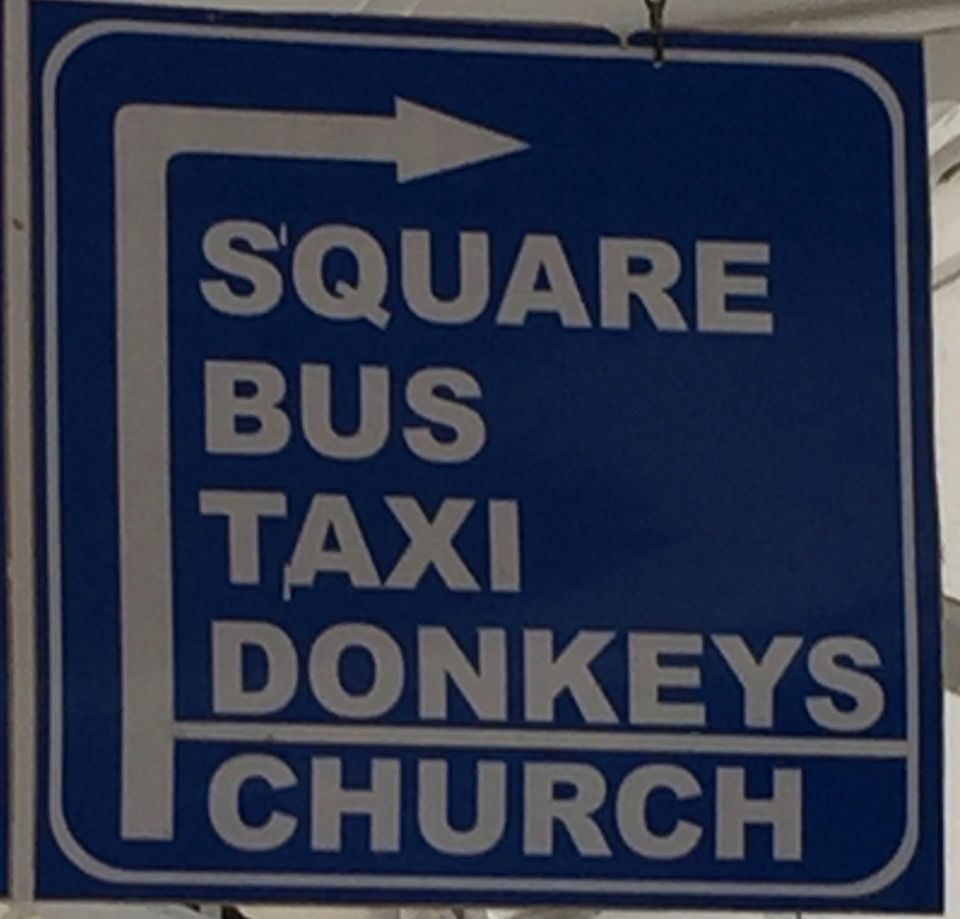Coronavirus, rule changes and ABI

I started writing this article five times because I’m confused by what we now are, or aren’t, supposed to be doing. And I am lucky to have decent memory and ability to recall information despite my brain injury.
On Monday the 21st of September, the Joint Biosecurity Centre (JBC) put the UK Coronavirus Alert Level back up to Level 4 1. This is the first time that the JBC have raised the UK Coronavirus Alert Level and is the highest level they have ever announced. But, the UK isn’t back in Lockdown because that is Level 5 of the Coronavirus Alert Level. The JBC have never ordered a full UK Lockdown because they didn’t exist before May.
So we are in Level Four again, but not Lockdown. Confused yet?
The next day, Tuesday 22nd September, the PM told the UK parliament that people should:
- Work from home if possible, but construction firms, schools and retailers will remain open.
- Follow the ‘Rule of Six’ but with exceptions. e.g. up to 30 mourners are allowed at a funeral but only 15 people at a wedding ceremony or reception.
- Book ahead to go to pubs, bars and restaurants or order a takeaway. But do this before 10pm when all these venues must close.
- Wear face coverings in indoor public spaces, and in hire vehicles & taxis, except where you are seated to eat & drink.
- Be assured that Covid-secure guidelines will become law in retail, leisure and tourism and other sectors.
I confess I thought these last two were already law. And I’m not sure why singing a hymn in a church is twice as safe at a funeral as doing so at a wedding. But I’ll carry on reducing my risk and the risk to others as much as I possibly can.
These rule changes make fairly little difference to my life at the moment. Thankfully, I have been discharged from all rehabilitation clinics and do not need care at home. Over the summer I have continued working from home, ordering food online, and exercising in the parks. The big change on previous summers has been not seeing friends and only spending two evenings at a pub.
How do you follow rules if you don’t remember them?
But, as I said at the top, I still retain a decent memory and ability to recall information following my brain injury. The NRTimes has reported on how confusing these rules can be for people with a brain injury. The article quotes Glenys Marriott, chair of Headway South Cumbria:
“If I can’t get my head around it, how are people with brain injuries supposed to take it in? Much of the advice doesn’t make sense and it changes by the week.”
“Some brain-injured people are disinhibited; they love a cuddle. They meet people and want a hug – they’re very affectionate. But they can’t do that anymore, we’re having to retrain them all the time to say they’ve got to wear mask if they go out, and they can’t shake hands; it’s so different for them.”2
I also experienced this, I hugged more or grabbed items from other’s hands without thinking. It was embarrassing and confusing enough without the additional fear of infection.
The fear of standing out in public is already prominent in some people with brain injury. Anxiety levels raise when you follow what you think are the guidelines but notice that others aren’t. I wrote about my experience of that particular anxiety, which I attributed to ‘Fear Of Missing Out’ in a previous blog.

Loss of support and professional therapy
The Fear Of Missing Out is magnified by a fear of not getting better. Nearly half of all respondents to The Patients Association survey on health care during the first months of UK lockdown had put off accessing services and support. More than two thirds had had appointments cancelled. 3
To be clear, this is not a dig at health or social care workers who continue to help others in a role which was demanding even before the pandemic. It is an acknowledgement of the fact that the pivot to a Covid response has caused considerable disruption to an already strained service. There have been reports that the NHS will not fully recover for four years. 4
This has effect has rippled across society in ways which are only just being recognised. An important section of The Patients Association report quantified the impact of the UK pivoting to a ‘Covid response’ footing:
- “60% of disabled people had struggled to access food, medicine and other necessities,
- 35% reported increased levels of psychological distress, and almost half described inaccessible information, confusing guidance and a lack of advice.
- Disabled people reported facing cuts to care packages, delays to assessments and difficulty securing PPE for their care workers.” 5
Glenys noted the effect of this on members of Headway South Cumbria and on the Cumbrian Neurological Alliance:
“Some members have had a really difficult time because anyone who had a care package that included social care were likely to have that care package suspended.”
“People were furloughed by care agencies…all those people with professional approaches to neurological conditions, who would have given good advice on what to do and what we’re missing, had dropped away, and many were moved to Covid teams.”
The impact of being vulnerable
One of my family members received a letter informing her that she was vulnerable and set out the new rules and regulations for her sudden ‘shielding’ status. Her fear and anxiety levels rocketed and stayed high for weeks. The report by The Patients Association found a similar impact in their survey and noted that:
“Terms such as ‘vulnerable’, assigned without any choice, entrenched existing stigma and prejudice against disabled people, and employers, retailers and government services have failed to provide reasonable adjustments or accessible information, according to respondents.”6
What can we do?
I have resolved to being more positive at the end of my blogs, and admit that the above will make for bleak reading given the prospect of a lonely winter for many. But we do need to be the change we want to bring about.
The report from The Patient Association had several positive things to say about local community groups providing aid to family or strangers. I’ve been volunteering from my local mutual aid over the summer and hope to continue doing so. It only takes a couple of hours out of my week to deliver food parcels from the local food back to someone shielding and means they have something to eat. We also give to the foodbank through our online grocery delivery.
If you have a spare hour in the week, please consider spending it helping your local mutual aid group too. Or let me know about other ways to help over on Twitter.
- BBC website. “Coronavirus: How does the Covid-19 alert level system work?“. https://www.bbc.co.uk/news/explainers-52634739 Accessed September 2020. ↩︎
- NR Times website. “The Headway manager translating government Covid-19 advice’ by Jessica Brown. https://www.nrtimes.co.uk/the-headway-manager-translating-government-covid-19-advice/. Accessed September 2020. ↩︎
- The Patients Association. ‘Pandemic Patient Experience; September 2020.” Page 3 https://www.patients-association.org.uk/Handlers/Download.ashx?IDMF=2fdaa424-8248-4743-a4d5-fe1d3f403d20. Accessed September 2020. ↩︎
- Guardian website. “It'll take four years for NHS to recover from Covid-19, health chiefs warn.” https://www.theguardian.com/society/2020/jun/27/itll-take-four-years-for-nhs-to-recover-from-covid-19-health-chiefs-warn. Accessed September 2020. ↩︎
- The Patients Association. ‘Pandemic Patient Experience; September 2020.” Page 9 https://www.patients-association.org.uk/Handlers/Download.ashx?IDMF=2fdaa424-8248-4743-a4d5-fe1d3f403d20. Accessed September 2020. ↩︎
- The Patients Association. ‘Pandemic Patient Experience; September 2020.” Page 9 https://www.patients-association.org.uk/Handlers/Download.ashx?IDMF=2fdaa424-8248-4743-a4d5-fe1d3f403d20. Accessed September 2020. ↩︎

